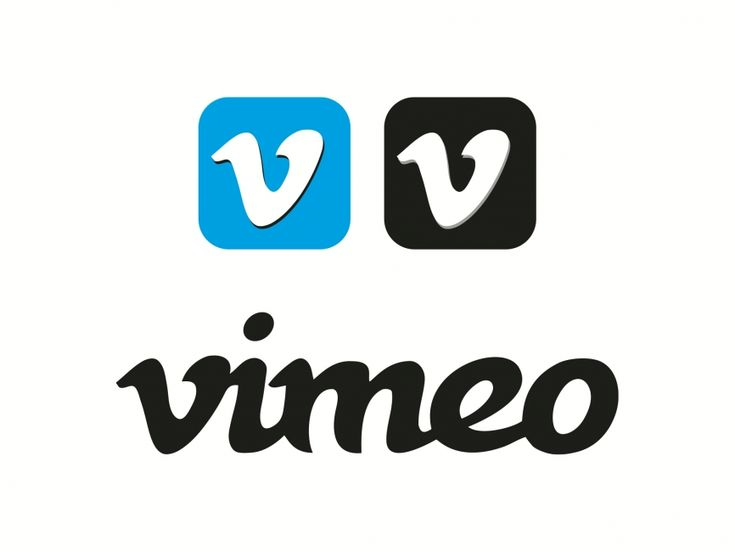Getty Images has largely lost its UK lawsuit against Stability AI, reshaping how marketers think about AI-generated visuals, copyright, and brand safety. Here’s what the ruling means for your digital strategy.
On November 4, 2025, the UK High Court issued a ruling that could reshape the conversation around AI-generated content, copyright, and brand protection. In a highly publicized case, Getty Images largely lost its lawsuit against Stability AI, the company behind the popular image generator Stable Diffusion.
As a digital marketing community, this moment is more than a legal footnote, it’s a statement about how the creative economy is changing under the influence of artificial intelligence.
The Case That Set a Precedent
Getty Images claimed that Stability AI had used millions of its copyrighted photographs without authorization to train its AI model, and that some AI-generated images even replicated Getty’s watermark.
While the court acknowledged limited trademark infringement due to these watermarks, it dismissed the broader copyright allegations. The ruling emphasized that Stable Diffusion does not directly store or reproduce copyrighted works, marking a critical point for how AI training data is interpreted in law.
The outcome? Getty lost most of its claims, but the industry gained a new lens for understanding the complex relationship between AI innovation and intellectual property rights.
For marketers, this ruling serves as a reality check. The rapid adoption of generative AI tools in content creation, from visuals to campaigns, has outpaced clear legal frameworks.
The court’s decision reinforces one key message: AI-generated does not mean copyright-free.
Brands and marketing teams need to revisit their content sourcing policies, ensure that assets used in campaigns are licensed properly, and understand the origins of AI-generated visuals. Transparency in asset creation isn’t just a legal safeguard, it’s part of ethical brand storytelling.
Protecting Brand Identity in an AI World
An interesting aspect of the ruling was the court’s recognition of trademark concerns. Getty’s watermark appearing in AI-generated outputs was considered a limited form of trademark infringement.
For digital marketers, this highlights the importance of protecting brand identity in an AI-driven ecosystem. Logos, watermarks, and branded visuals can now appear even unintentionally in AI-generated content. That raises new challenges for brand safety, reputation management, and consumer trust.
As AI tools become more embedded in creative workflows, brand governance must evolve too.
Rethinking Creative Workflows
This ruling should prompt marketing leaders to re-evaluate their creative processes.
- a) Audit your content : Know where your visuals come from and how they’re licensed.
- b) Train your teams : Educate designers, content creators, and social media managers about AI rights and ethical use.
- c) Update your policies : Add “AI content usage” clauses to brand guidelines and supplier agreements.
- d) Choose transparent partners : Use AI platforms that disclose how their models were trained and what data was used.
AI can be a powerful creative partner, but without governance, it can also become a legal and reputational risk.
Final Statement
The Getty Images case reminds us that the digital marketing landscape is rewriting its own rulebook. Creativity and compliance must now coexist. As AI continues to redefine how we create, communicate, and connect, the marketers who succeed will be those who balance speed with ethics, automation with authenticity, and innovation with respect for creators. marketers should see this as a signal to stay proactive: embrace AI’s potential, but respect the creative rights ecosystem that fuels it.
This is not about choosing between innovation and integrity, it’s about ensuring they grow together.
Generative AI is here to stay, but so is accountability.




